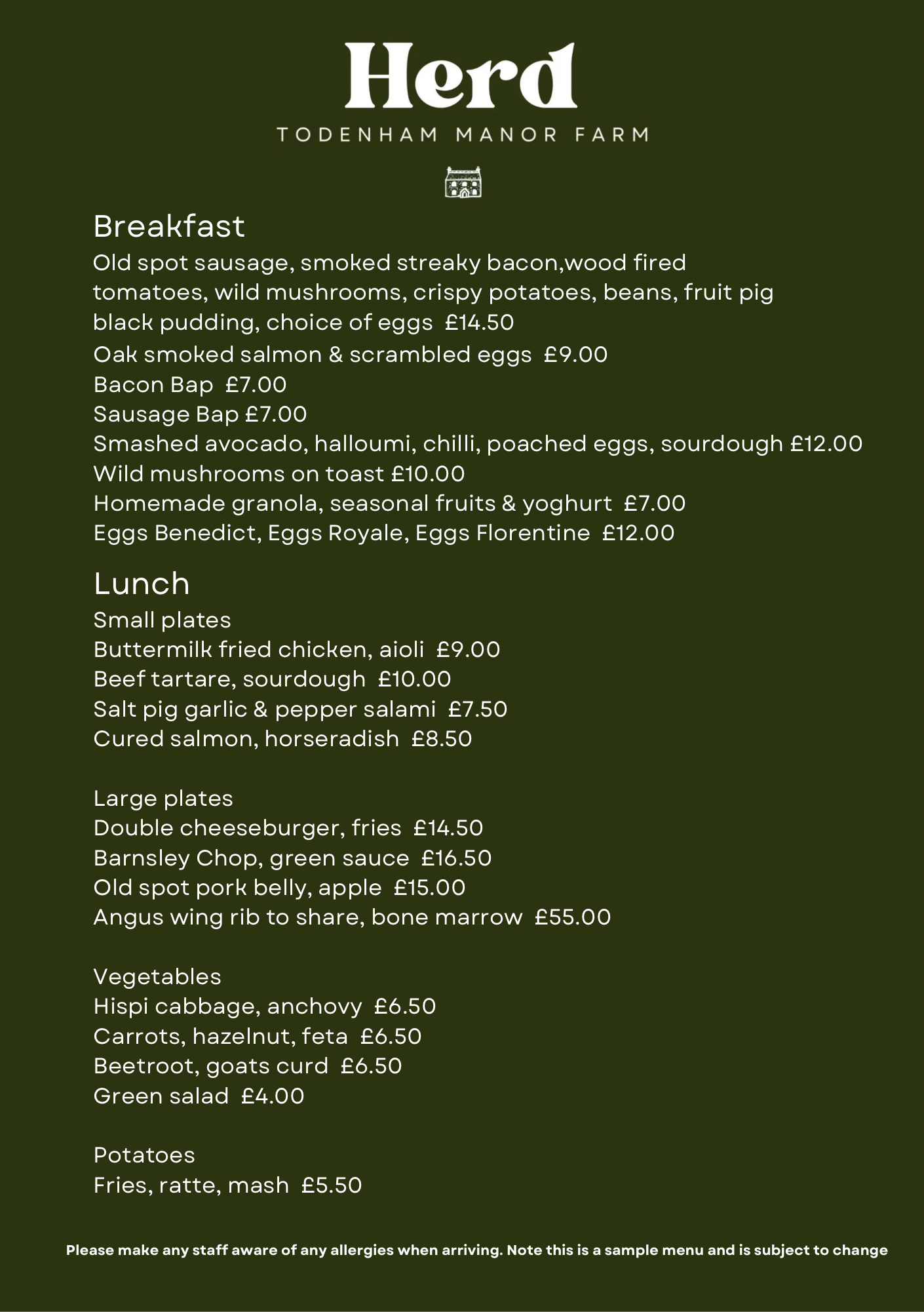In a world where ease often trumps quality, craft butchers are reclaiming their position at the heart of food culture. Unlike grocery store meat counters that prioritize speed and volume, craft butchers take the time to cultivate their craft, concentrating on sustainable practices, excellence, and strong relationships with local farmers. This unique approach not only enhances the culinary experience but also builds a strong bond between the butcher, the farmer, and the community.
As the resurgence of traditional butchery skills gains momentum, these artisans are redefining what it means to savor premium meat. With an focus on ethically sourced products and a dedication to maintaining native livestock, craft butchers are providing consumers a truly genuine experience. From recommending unique selections to providing tips on preparation techniques, they are not just simple providers of meat; they are passionate advocates for a more thoughtful and informed way of eating. Join us as we explore the various facets of craft butchery, shedding light on the culinary influence these artisans have in the current food landscape.
This Craft Butcher Difference
Craft butchers distinguish themselves from grocery store meat sections in several key aspects. Primarily, the quality of the meat is often unmatched. Craft butchers prioritize obtaining local, health-conscious, and ethically raised animals, which leads to superior taste and texture. Unlike industrial meats, which may rely on hormones and antibiotics, artisan butchers emphasize natural farming practices that support animal welfare. This commitment to excellence is apparent in the flavor profiles and freshness of the offerings they offer, making each cut a reflection of meticulous sourcing and intentional preparation.
A further key aspect of artisan butchery is the skill involved in the handling of meat. Craft butchers have a profound understanding of their craft, usually passed down through generations. They are trained in traditional techniques, such as complete animal butchery, which not just maximizes the use of the animal but also highlights a variety of cuts that are rarely found in chain stores. This skill allows artisan butchers to offer custom cuts tailored to the specific needs of their clients, adding a custom touch that mass retailers simply are unable to match.
Moreover, buying from a craft butcher benefits local farmers and encourages sustainability within the community. When consumers decide to buy their meat from these artisans, they endorse practices that are beneficial for both the environment and the local economy. Artisan butchers often collaborate directly with farmers, ensuring that sourcing is transparent and ethical. This relationship fosters a sense of community and trust, as customers can be assured that their buying choices contribute to the livelihood of local agricultural families, making it a more thoughtful choice in general.
The Path of Craft Butchered Meat
The path of craft cut meat starts at the farm, wherein ethical practices and green farming methods shape the quality of the livestock. Artisan butchers typically source their meat from local farmers who focus on animal welfare and use traditional breeding methods. By building ties with these farmers, artisan butchers can ensure that they are providing the customers with meat that is not only recent but also produced in an environment that values animal rights and promotes biodiversity.
Once the animals are processed, artisan butchers take immense care to manage the meat with skill and precision. This stage is where the art of butchery really shines. In contrast to mass-produced meat, which frequently involves standard cuts and less attention to detail, artisan butchers customize the butchering process. They provide careful attention to the unique qualities of each animal, utilizing whole-animal butchery techniques that facilitate for a variety of cuts and specialty offerings. This attention to detail ensures that customers receive high-quality meat that is often more flavorful and tender than what is found in a supermarket.
The final part of the journey includes the craft butcher's commitment to openness and quality. Customers can follow the origin of their meat, knowing where it came from and how it was raised. This link fosters trust between the butcher and the consumer, as customers appreciate the story behind the food. Moreover, artisan butchers typically provide recommendations on cooking methods and complementing suggestions, enhancing the overall culinary experience. https://herdbutchery.ie to quality, transparency, and community support sets apart craft butchered meat in a way that supermarket meat simply is unable to replicate.

Supporting Local and Ethical Practices
Opting to procure from a artisan butcher merely enhances community economies and also supports ethical farming practices. In contrast to massive supermarket chains, craft butchers often procure their meat from close farms which prioritize humane treatment of animals. By partnering with local farmers, craft butchers ensure that the meat comes from animals that are reared sustainably, with sufficient care and attention to their welfare. This link fosters a sense of transparency in the food supply that consumers increasingly cherish.
In addition, artisan butchers generally emphasize the use of traditional breeds and varied livestock, which contributes to genetic diversity and helps safeguard traditional farming methods. Many artisan butchers are committed to employing whole-animal butchery techniques, which lower waste and encourage the use of all parts of the animal. This strategy not only values the life taken for food and also encourages a more sustainable consumption model where all cuts is used and employed.
Championing craft butchers can further cultivate a spirit of community. These craftspeople often convey their insights about the meat they sell, offering tips into cooking techniques and cut selections. By cultivating relationships within the community, small-scale butchers not just provide quality products additionally create a system of consumers who are more informed about their food choices. This localized approach reinforces community ties and promotes a culture of responsible eating that honors both farmers and the environment.
